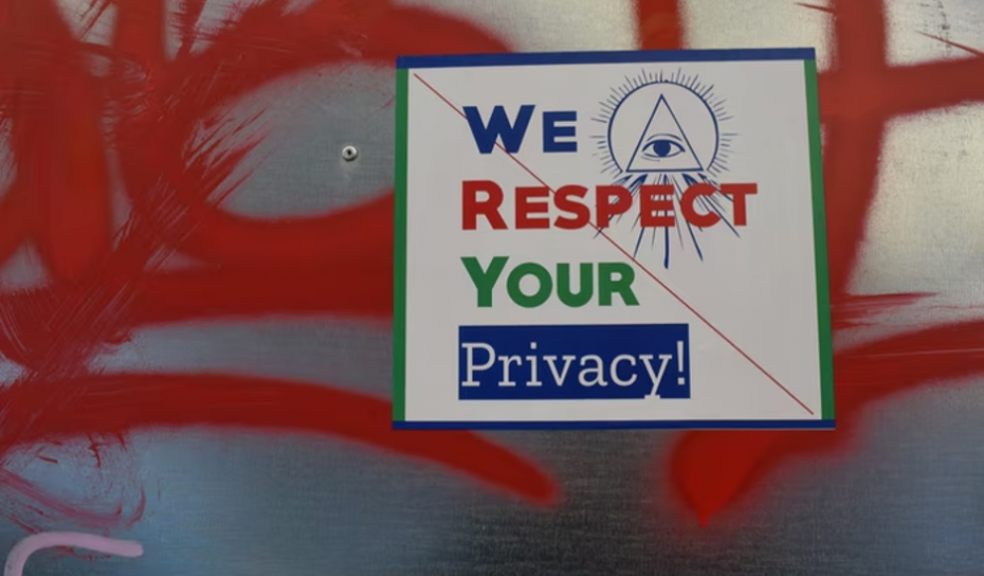
How to use a VPN to protect/hide your online presence
Achieving online anonymity is not impossible but is becoming more difficult with time. Today’s ad-driven and heavily-surveillanced online systems have made online privacy nothing short of a dream. Websites and apps log so much user data as they want to know everything about you.
However, there are ways to hide your online presence and achieve online anonymity in this digital age. The best way to do that is by using a virtual private network, and we will explain to you how you can use a VPN to hide your online presence.
How to hide your online presence using a VPN
The easiest and quickest way to achieve online anonymity is to use a VPN. A virtual private network or VPN encrypts your online traffic and reroutes it through a different server location. In the end, your actual IP address is masked, so your ISP or third parties cannot track your online activities.
When you are using a VPN, thousands of other users on the same server share IP addresses, making it almost impossible to trace the online activity to a single person. There are plenty of trustworthy UK VPN providers that you can use to achieve online anonymity.
VPNs are tools for online privacy, but anonymity and privacy go hand in hand. Most VPN providers offer a zero-logging policy, so even they cannot see your real IP address and online activity, offering maximum anonymity.
To secure online privacy, connect to a VPN server location of your choice, and you will get a new IP address. You can also conduct an IP leak test to check for potential IP leaks.
Some VPNs also offer geo-spoofing for overriding GPS features on your devices. Most smartphones have a GPS feature that is used by apps such as Google Maps, Uber, Snapchat and more to find your actual location to provide services. However, most other apps that don’t need this feature also track you online for ad-targeting. With a VPN, you can spoof your GPS tracking to achieve online anonymity.
Other ways to stay hidden and anonymous online

Using a VPN is the best way to achieve online anonymity and to stay hidden online. However, there are other ways as well that you must use in combination with a VPN to take your online privacy to the next level.
- Use Encrypted Browsers
Make sure to use encrypted browsers like Tor for browsing. Tor, or The Onion Router, encrypts your internet traffic, and each time you connect to a server, your traffic is routed via multiple nodes before they reach their final destination.
Tor browser is available on various platforms as you can use it on your Windows PC, Mac, Android devices and more. iOS users don’t have access to Tor browser yet, but Onion Browser seems like a good option as well.
- Search Engines
Did you know, Google keeps track of all your searches and everything you click on? Yes, from a privacy standpoint, it’s not the best search engine out there. Even though Google claims the data is kept to them, you can never be too sure.
Consider using a different search engine like Brave, DuckDuckGo, and others. DuckDuckGo is perhaps the most secure and popular search engine. It is a fully independent browser that doesn’t profile users or track activity.
- Use Encrypted Email Services
Another tip to secure your online anonymity is to use encrypted emails and messaging services. We all love using Gmail, but little do you know, Google keeps all private emails on its servers. Therefore, it’s best to use encrypted email services instead like ProtonMail, Hushmail, Posteo, Tutanota, and more.
Encrypted emails protect your data with end-to-end encryption. This way, even if your message is intercepted, it cannot be decrypted.
- Disable Cookies
No matter the browser you are using, makes sure to disable all cookies. Cookies are snippets of data regarding your online activities that are stored on your browser. These can be accessed by websites to learn about your preferences. In short, cookies are a privacy hazard. Don’t be fooled as using incognito mode on Google or other search engines do not offer privacy.
Here’s how you can disable cookies on various browsers:
Disable cookies on Chrome:
- Go to Settings > Content Settings
- Click Cookies and Other site Data > select Block All Cookies
- Turn on the option: Clear Cookies and Site Data When You Quit Chrome
Disable cookies on Firefox:
- Press Menu > Preferences
- Click Cookie and Site Data
- Toggle the option off where it says: Delete Cookies and Site Data When Firefox Is Closed.
Disable cookies on Safari:
- Go to Preferences > General
- Click Remote History Items After On Day
- Go to Privacy
- Toggle off the option: Block All Cookies
Wrapping ip
Although highly debated, we believe you can achieve online anonymity. However, for that, you would need to change your online behaviour and use the tips mentioned above. If you are willing to put some work into it, you can achieve online anonymity and protect yourself against identity theft, data collection, and online tracking.

















